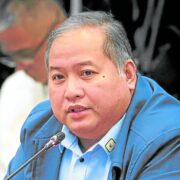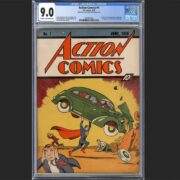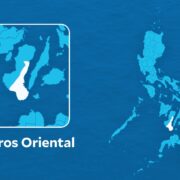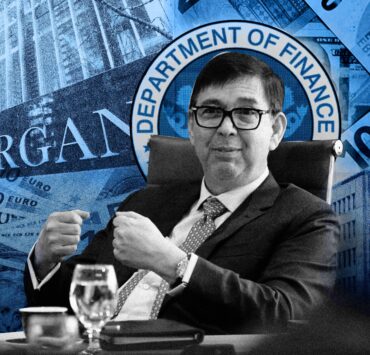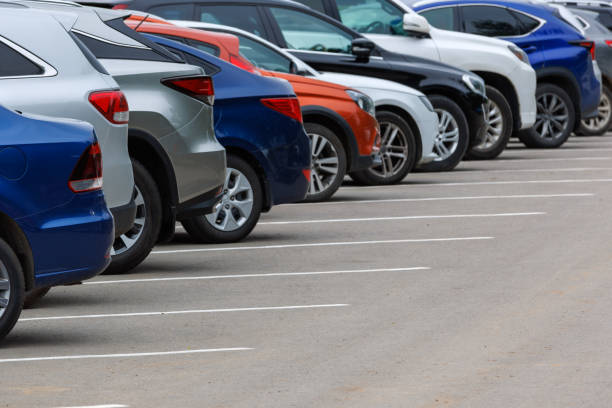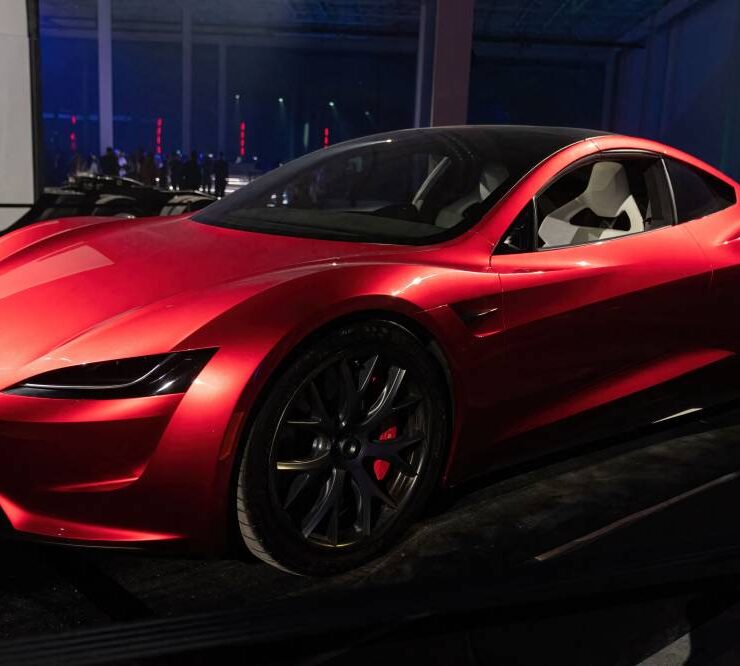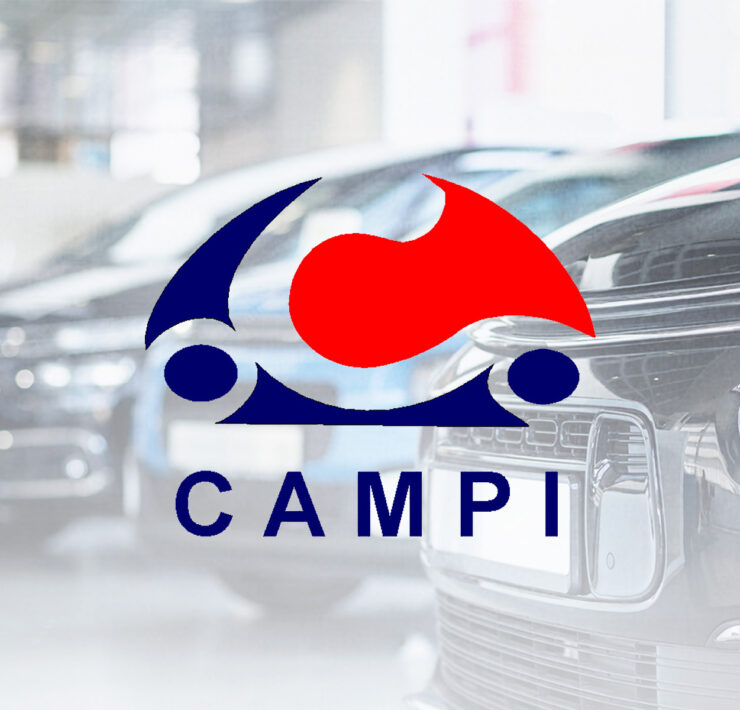PH car sales dropped by 7.6% in Aug.
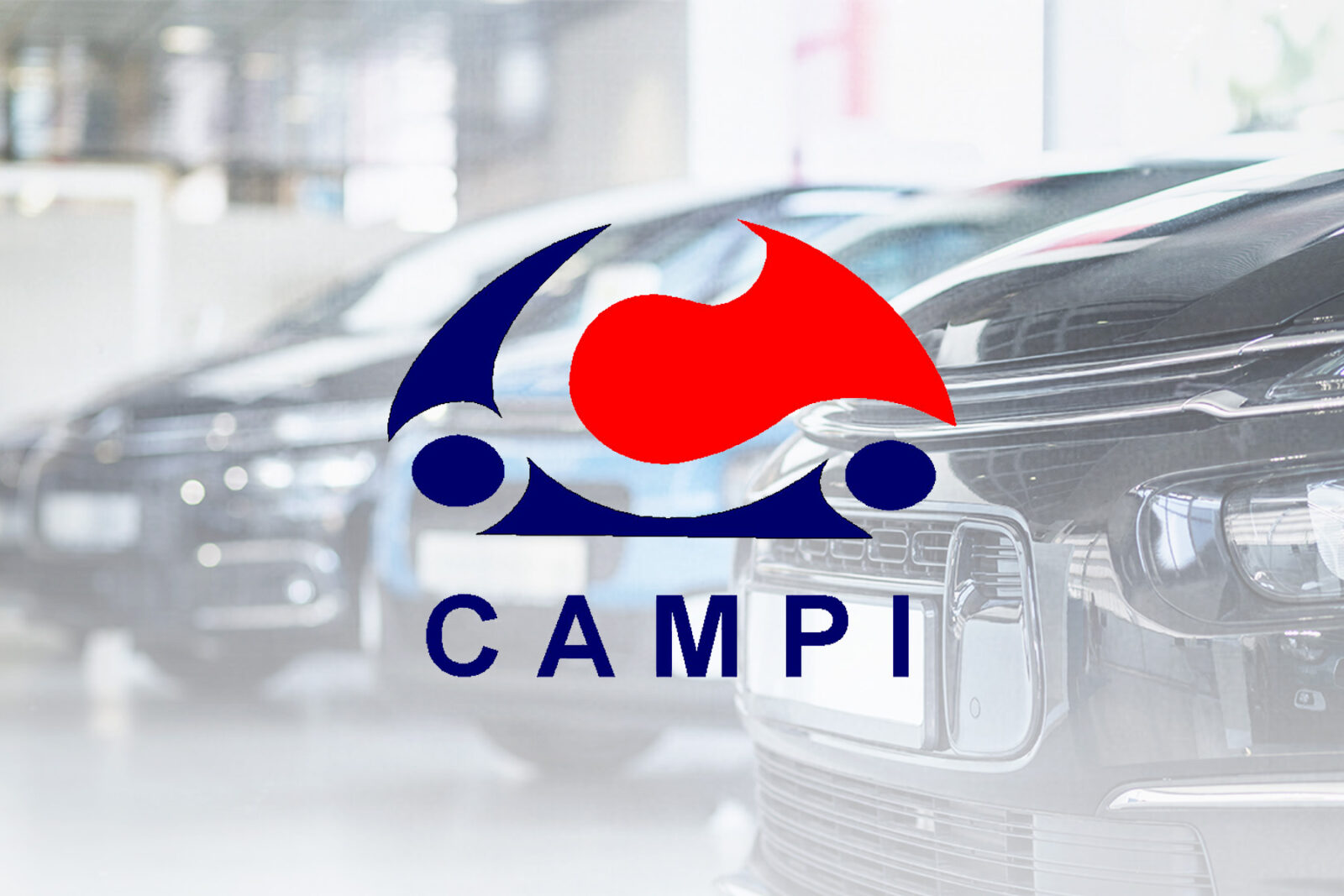
Geopolitical tensions in the Middle East, coupled with uncertainties over US President Trump’s erratic tariff policies, have dampened local buying appetite, leading to a hefty decline in August vehicle sales in the country.
According to a joint report by the Chamber of Automotive Manufacturers of the Philippines Inc. (Campi) and the Truck Manufacturers Association (TMA) released on Tuesday, vehicle sales dropped by 7.6 percent in August to 36,174 units.
At the end of the first eight months, car sales reached 305,381 units, up slightly from the 304,765 units sold in the same period last year.
“Despite a modest dip in month-on-month figures, the industry remains optimistic, driven by evolving consumer preferences and a growing shift toward sustainable mobility,” Campi and TMA said in a joint statement.
Commercial vehicles comprised 73.64 percent of the total with 244,023 units, up 8.7 percent. Passenger cars accounted for the remaining 26.36 percent or 61,358 units.
A total of 18,439 electric vehicles were sold during the eight-month period, for a market share of 6.04 percent.
Rizal Commercial Banking Corp. Chief Economist Michael Ricafort said external risk factors, particularly America’s higher tariffs, trade wars and other protectionist measures, could weaken the global economy and dampen the demand for vehicles.
Aside from these, Ricafort said other potential headwinds include the recent Middle East tensions between Israel and Iran, which could reduce sales, incomes, employment and other business or economic opportunities.
Such factors “could reduce the ability to pay by borrowers, including those that have vehicle/auto loans that financed purchases of vehicles,” Ricafort said in a Viber message.
These events could trigger the shift to cheaper or alternative transportation options that are more fuel or energy efficient, including motorcycles and electric bikes, he added.
Ricafort said weaker car sales in recent months were largely attributed to typhoons or weather disturbances that hit the country, resulting in the lower number of business days that fundamentally reduced sales since July, especially in hard-hit areas.
“For the coming months, better weather conditions would help improve vehicle sales data especially towards the Christmas holiday season and amid lower interest rates that help increase demand for vehicles and auto loans to financed vehicle purchases,” he added.
Among industry players, Toyota Motor Philippines Corp. continues to dominate the market player with 47.93 percent. Mitsubishi Motors Philippines Corp. came next with 18.96 percent.
Others include Nissan Philippines Inc. (4.96 percent), Ford Group Philippines (4.89 percent) and Suzuki Philippines Inc. (4.75 percent).






